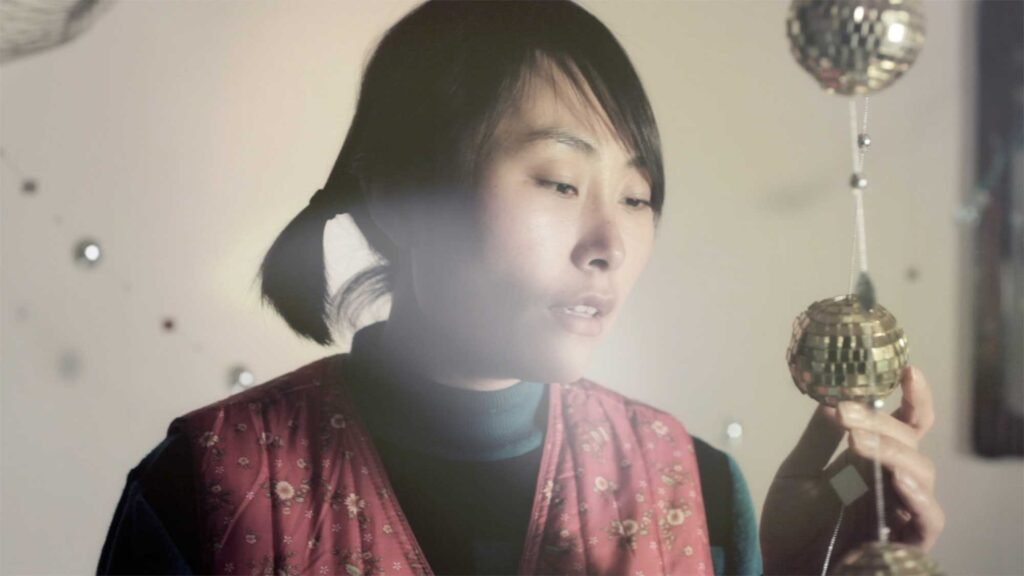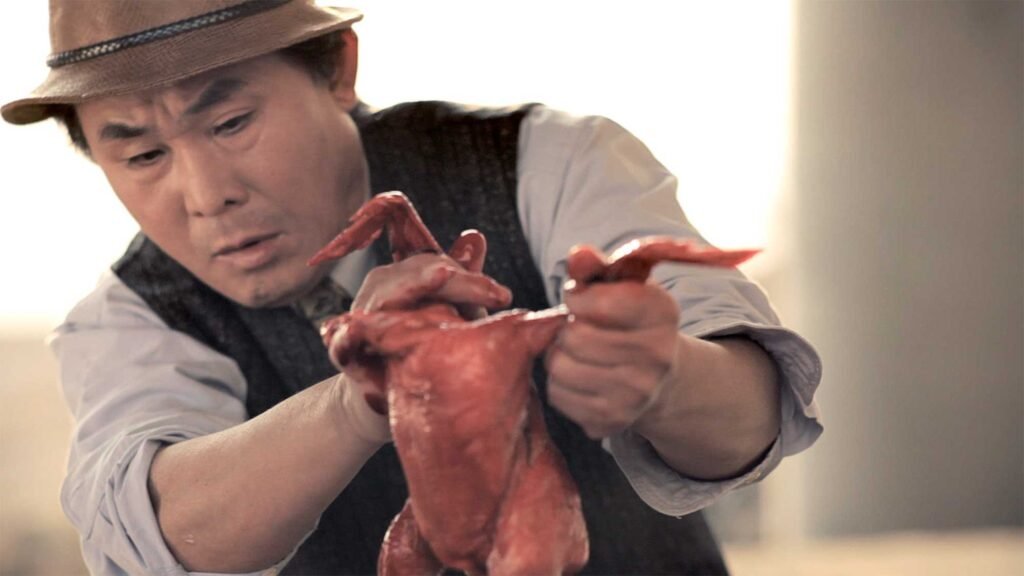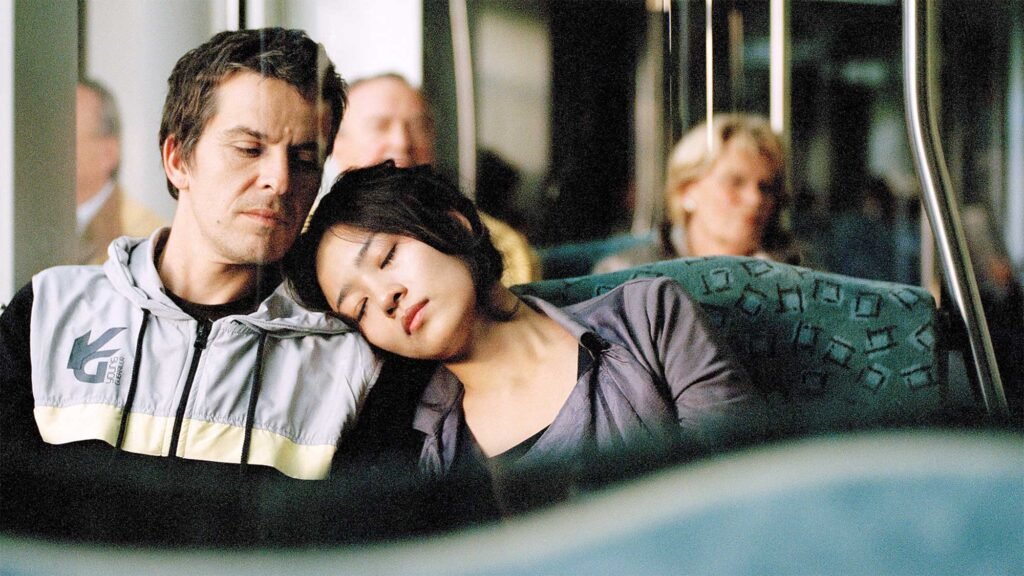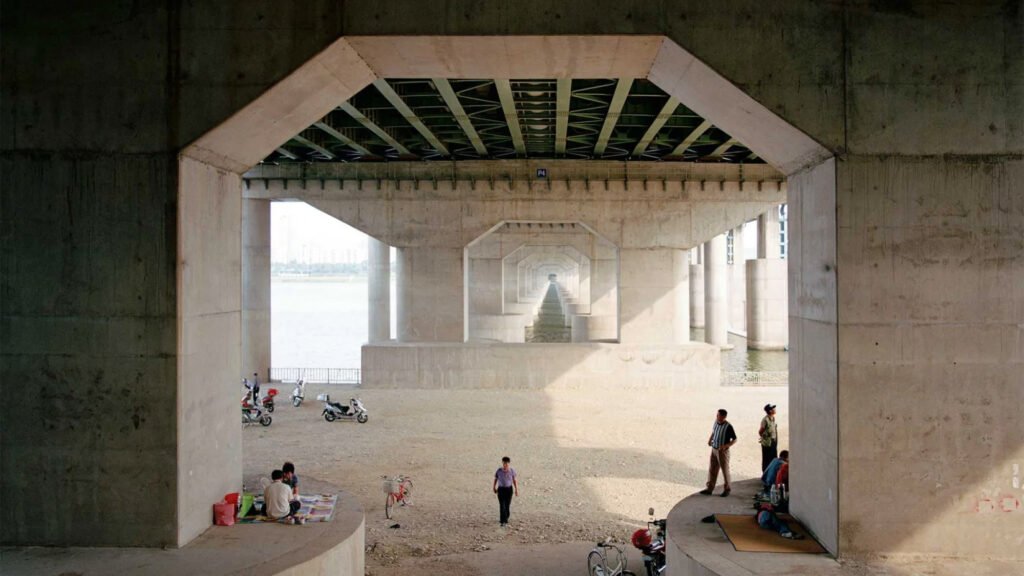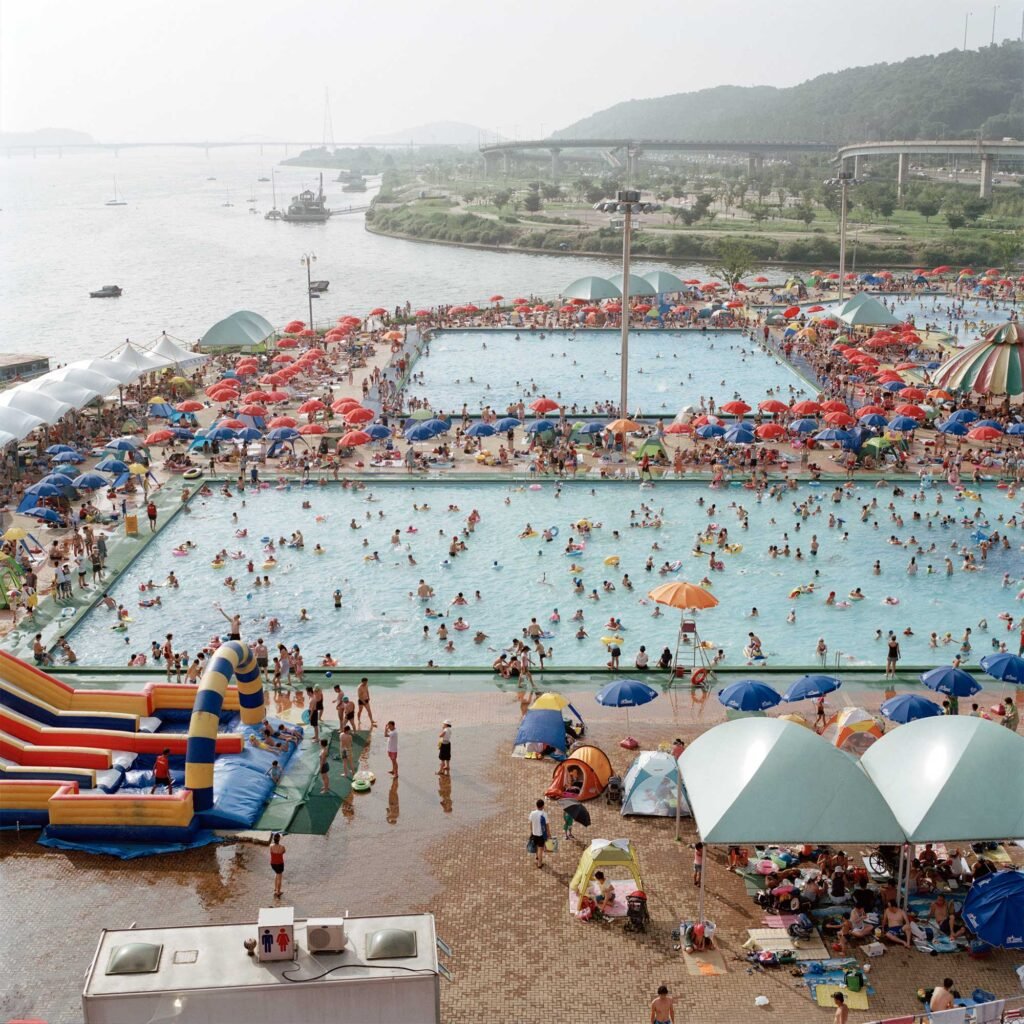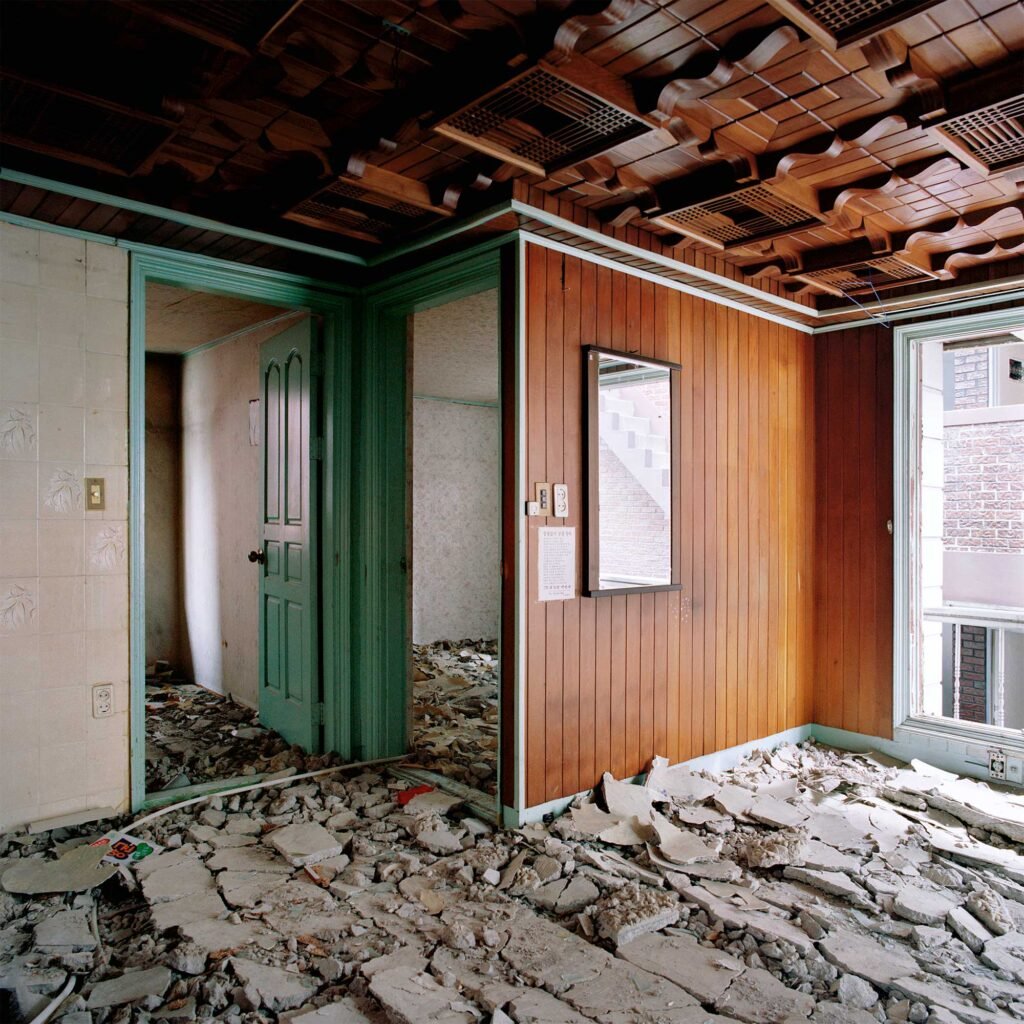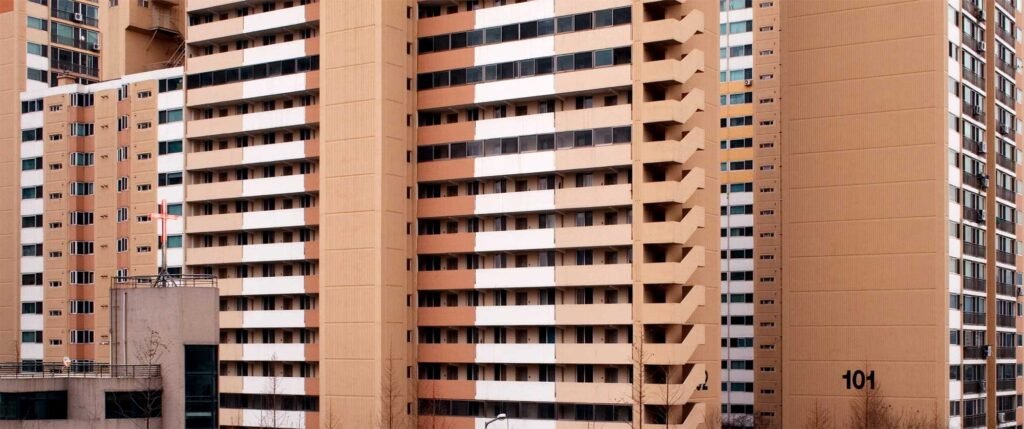Nils Clauss: A Cinematic Journey in Seoul – Featured in Woman Donga Magazine
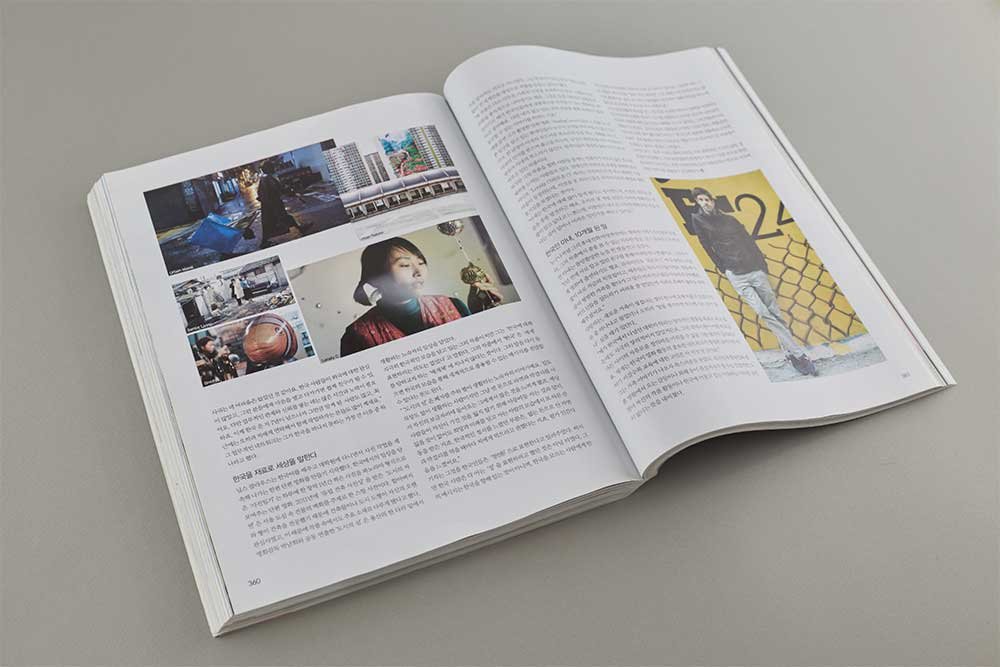
Nils Clauss, a seasoned cinematographer, filmmaker and photographer based in Seoul, South Korea, has been featured in WOMAN DONGA’s print magazine (#593, May 2013, p. 358-361). This article sheds light on his extraordinary work in photography and film. It offers insights into the life of a foreign artist in Korea.
Exploring Korea Through Lens
In his impressive portfolio showcased on www.nilsclauss.com, Clauss captures the essence of Korea, using local actors and settings. Noteworthy mentions include “Urban Nature,” winner of the “European Architectural Photography Prize” in 2011. The music video “Senior Living,” screened at the “Saatchi New Directors Showcase” of the Cannes Lions Awards.
Contrasting Views
While Clauss’s work embraces humor, satire, and social criticism, it also reflects his love for the Korean countryside. Unveiling the dual sentiment of loving and not loving Korea, he provides a unique perspective on the country’s allure.
Choosing Korea as Home
Having traveled extensively, Clauss, born in Germany, decided to make Korea his home after exposure to its vibrant film scene. His journey, starting in 2005, led him to apply for a scholarship from the Korea Foundation, emphasizing his desire to live and work in Asia, particularly drawn to Korean cinema.
Impact of Korean Cinema
Clauss shares his cinematic influences, citing directors like Lee Myung-se, Hong Sang-soo, Lee Chang-dong, and Im Sang-soo. Despite the evolution of the Korean film industry, he expresses concern over its current trajectory, missing the experimental essence of the late 1990s.
Challenges Faced
Delving into the interview, Clauss addresses the complexities of the Korean film industry, offering a foreigner’s perspective on its intricacies. His deep insights into the industry’s challenges and changes provide a thought-provoking narrative.
Educational Pursuits in Korea
Studying at Chung-Ang University’s Graduate School of Advanced Imaging, Clauss reflects on the mixed experiences of learning shooting and directing. Despite the challenges within the university system, he managed to build a robust network, emphasizing the importance of connections in the film industry.
Nils Clauss’s cinematic journey in Korea is a fascinating exploration of cultural nuances and artistic challenges. Through his lens, we witness the intricate dance between love and critique, forming a narrative that goes beyond the surface.
